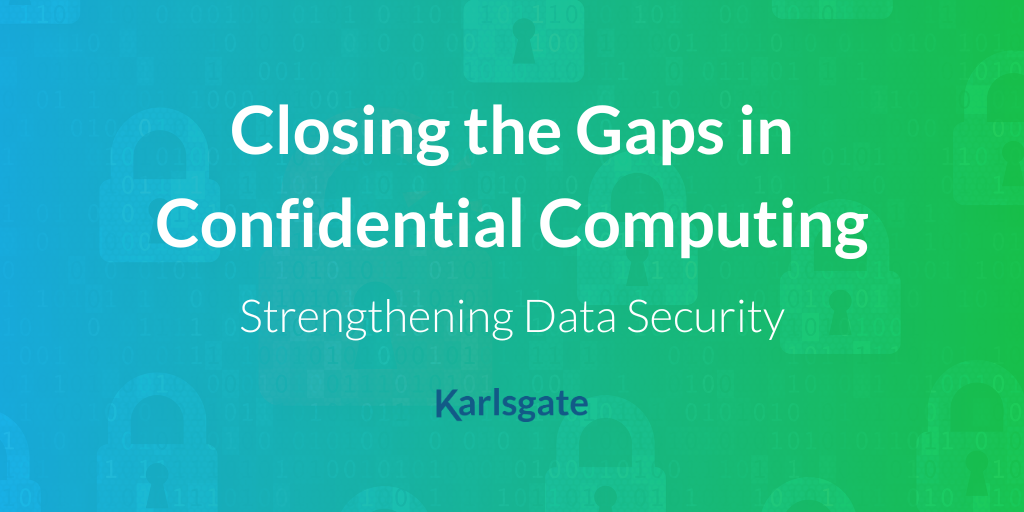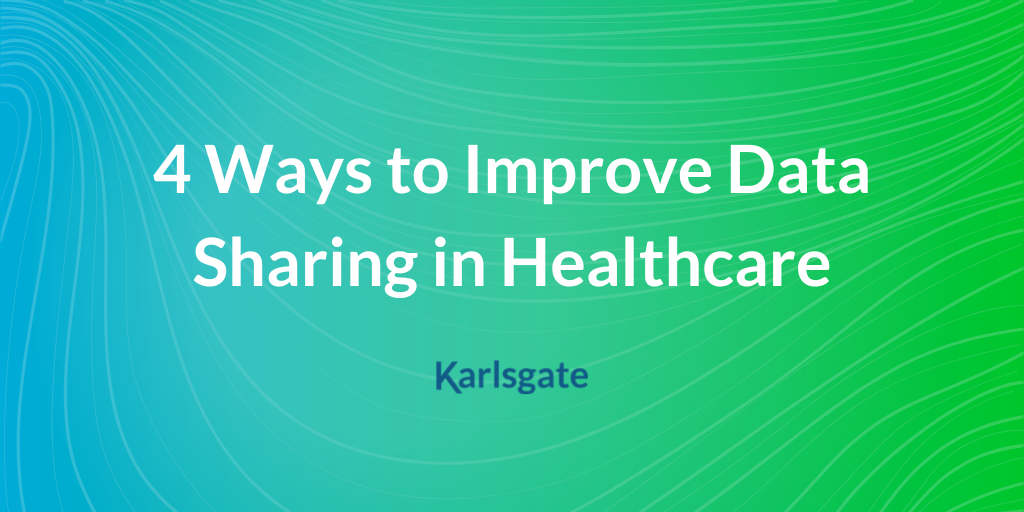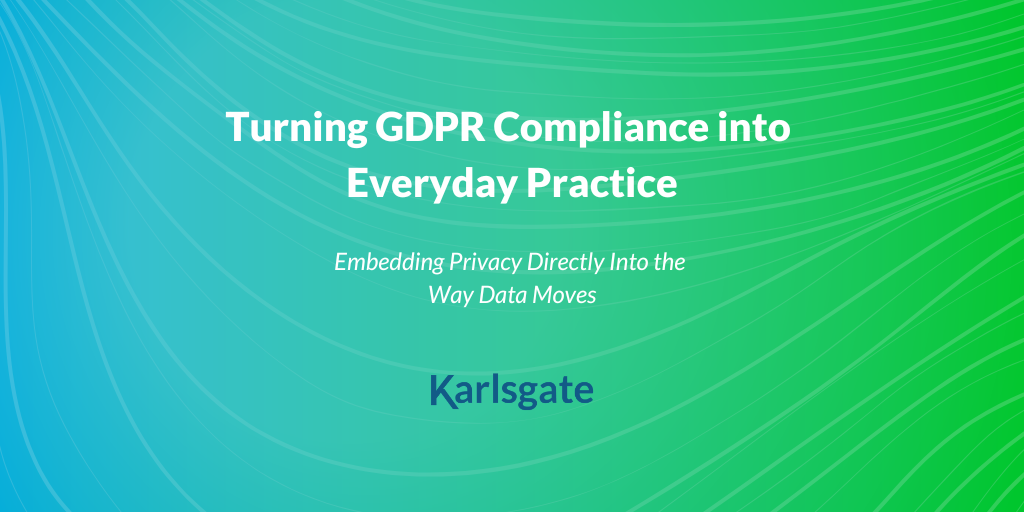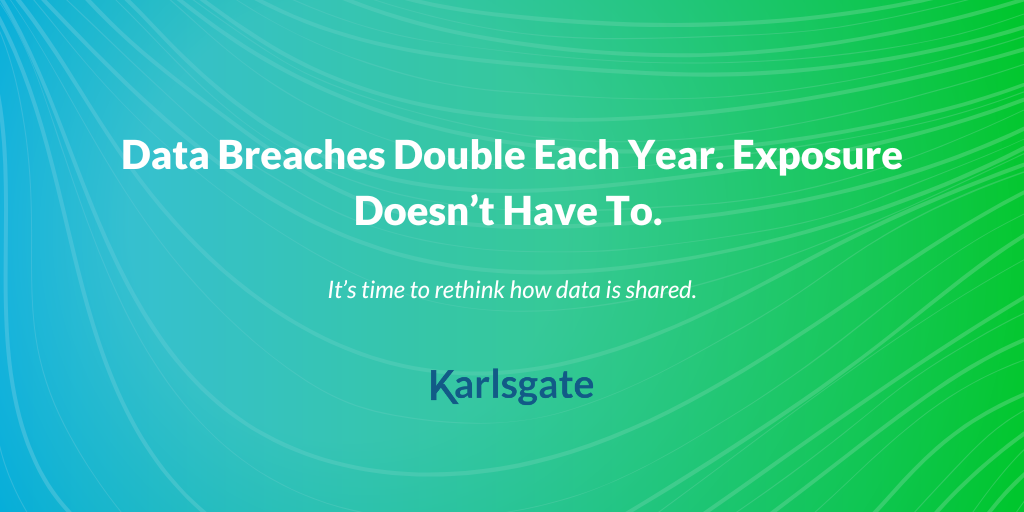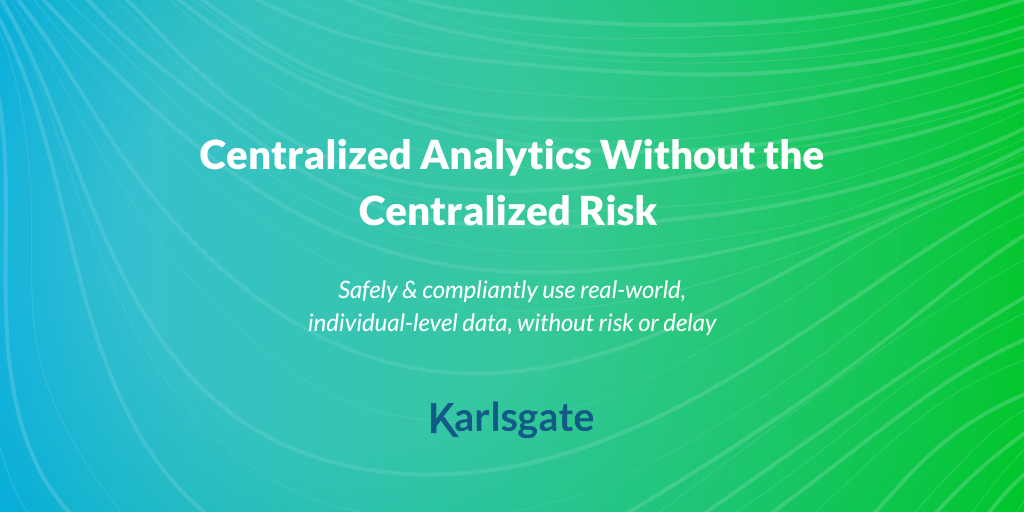In an era where data breaches are not just possible, but expected, businesses face an escalating challenge—how to protect their most sensitive information while still extracting its full value. With...
The internet has been an amazing resource for information sharing and global connectivity, but that has come with big trade-offs. While we have the knowledge of the world at our fingertips, it also ushered in the age of big data and digital footprints. Virtually everything we do is traceable, anonymity is hard to come by, and keeping consumer data private can be a challenge. We pass along our information, often with ease, and up until now with little concern about where that data ended up or how it was used.
And, let’s be honest, businesses and organizations not only want that data, but they need it to develop strategies, products, and elevate customer satisfaction and client care. The data individuals hope to protect is the very data that helps provide the service they desire and demand.
Still, technology moves at breakneck speed, and consumers have become leery about how much information is out there, who has it, and how it’s being shared and monetized. Nearly every industry and regulatory body has made an effort to secure data, given its value and potential to impact business, but the incentive to gather more data remains. Doing so securely must be a priority.
The focus then has shifted to ways for organizations to continue sharing valuable information without risking sensitive data exposure. Karlsgate’s software leverages the unique cryptoidentities as well as a triple-blind, multi-party computation model to remove the risk of re-identification and exposure. It was developed as a way for organizations to exchange data while retaining complete control and maintaining data privacy and security.
Why is Data Sharing Between Organizations Risky?
Modern data sharing methods often require one party to fully trust the other party with sensitive data or both parties to give their data to a 3rd party vendor. These relationships call for one or both parties to lose control over the data they’ve been entrusted with. This loss of control over the data carries risks.
While most businesses try to mitigate this risk by leveraging pseudonymization techniques when they share data, these strategies are a bit like knitting a sweater and assuming that this change can’t be undone by unraveling it and restoring it to its original state as a ball of yarn. Pseudonymization provides some security, but that security still comes with risk. In fact, since pseudonymization can be reidentified, many of the privacy regulations consider it “identifiable information.”
Data theft and data breaches have very real financial, legal, and reputational consequences. They erode consumer, partner, and organizational trust. Risk mitigation in the data sharing process is, therefore, paramount.
Cryptoidentity and Data Sharing
Most existing privacy enhancing technologies (PETs) use encryption, pseudonymization, or tokenization of the data to secure it during transit but this still requires relinquishing control over the data itself. That change of custody means an individual with the key, additional data, or the ability to crack an algorithm, can still re-identify or utilize the data.
Existing methods of data sharing are only as good as the highest level of security utilized by one of the sharing partners. That’s where cryptoidentity and secure multi-party computation really change the game. While cryptoidentity secures the data itself through a robust combination of encryption techniques, secure multi-party computation protects the process. Organizations are then able to connect data files without ever transferring identifiable information to their data sharing partner.
With cryptoidentity, organizations can match customer records without exposing customer identity or resolving to a third-party identity graph. This process is facilitated by a third party with no vested interest in the exchange or data, who then acts as a blind clearing house. For example, the Karlsgate Identity Exchange leverages member nodes to act as those virtual facilitators. As a result, cryptotidentity creates the most mature method of data protection available.
For more information on cryptoidentity, download our whitepaper.
How Cryptoidentities Improve the Data Sharing Security Process
In short, cryptoidentities and the orchestrated triple-blind facilitation provides the most comprehensive and complete data protection available for organizations that must share data. Cryptotidentities ensure:
- No personally identifiable data ever leaves your data environment
- Third-party facilitators can’t decrypt or reidentify data
- Multi-layered network security protocols are in place with single-use hashing and encryption algorithms
- The data matching and enrichment process is agile, compliant, secure, and precise
If you’re ready to start exploring next-level data security for your organization and learn more about how cryptoidentities can be leveraged to enhance existing data security methods, get in touch with the Karlsgate team today and book a demo.
We’re ready to talk about the future of data sharing and data security. Are you?

